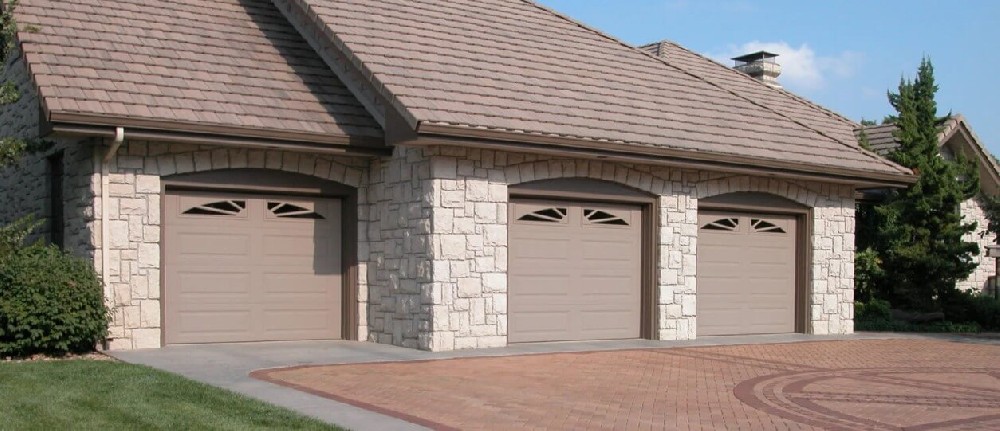Navigation Menu
Contact Us
- Email:
- info@wxavatar.com
- Address:
- Yurong Village, Yuqi Street, Huishan District, Wuxi, China.
Release Date:Mar 11, 2025 Visit:90 Source:Roll Forming Machine Factory
The modern garage door is a marvel of convenience and technology, allowing homeowners to open and close their garage with the push of a button. At the heart of this system lies the garage door motor, a critical component that powers the door’s movement. But what type of motor does a garage door use, and how does it work? In this article, we’ll explore the types of motors commonly used in garage door openers, their features, and how they contribute to the smooth operation of your garage door system.
The Role of the Garage Door Motor
The garage door motor is the driving force behind the automatic operation of your garage door. It converts electrical energy into mechanical energy, enabling the door to lift, lower, and stop with precision. The motor works in conjunction with other components, such as the drive mechanism, sensors, and remote controls, to provide a seamless and reliable user experience.
Types of Motors Used in Garage Doors
AC Motors (Alternating Current Motors)
AC motors are the most common type of motor found in garage door openers. They are known for their durability, affordability, and ability to handle heavy loads. AC motors operate using alternating current, which is the standard electrical supply in most homes. While they are reliable and cost-effective, they tend to be noisier compared to other motor types and may consume more energy.
DC Motors (Direct Current Motors)
DC motors are increasingly popular in modern garage door openers due to their quiet operation and energy efficiency. These motors use direct current, often powered by a battery or transformer, and are equipped with variable speed settings. This allows for smoother acceleration and deceleration of the door, reducing wear and tear on the system. DC motors are also more compact, making them ideal for smaller garage spaces.
Chain-Drive Motors
Chain-drive motors are a subtype of AC or DC motors that use a metal chain to move the garage door along its tracks. These motors are highly durable and capable of lifting heavy doors, making them a popular choice for residential and commercial applications. However, they tend to be noisier due to the metal-on-metal contact of the chain.

Belt-Drive Motors
Belt-drive motors use a rubber or fiberglass belt instead of a chain to operate the garage door. These motors are known for their quiet operation, making them ideal for homes with living spaces near the garage. Belt-drive systems are typically powered by DC motors, offering a combination of smooth performance and energy efficiency.
Screw-Drive Motors
Screw-drive motors use a threaded steel rod to move the garage door. These systems are low-maintenance and reliable, as they have fewer moving parts compared to chain or belt drives. Screw-drive motors are often powered by AC motors and are well-suited for garages in regions with stable temperatures, as extreme weather can affect their performance.
Key Features of Garage Door Motors
Horsepower (HP): The horsepower of a garage door motor determines its lifting capacity. Residential garage doors typically require motors with ½ to 1 ¼ HP, while commercial doors may need more powerful motors.
Safety Features: Modern garage door motors are equipped with safety mechanisms, such as auto-reverse sensors, which stop and reverse the door if an obstruction is detected.
Smart Technology: Many garage door motors now come with smart features, allowing you to control the door via smartphone apps, voice assistants, or home automation systems.
Conclusion
The garage door motor is the unsung hero of your garage door system, providing the power and precision needed for smooth and reliable operation. Whether it’s an AC motor for heavy-duty performance, a DC motor for quiet and efficient operation, or a specialized drive system like chain, belt, or screw drives, the type of motor used in your garage door plays a crucial role in its functionality. By understanding the different types of motors and their features, you can make informed decisions when choosing or maintaining your garage door opener. So, the next time you press the button to open or close your garage door, take a moment to appreciate the advanced technology and engineering that make it all possible.